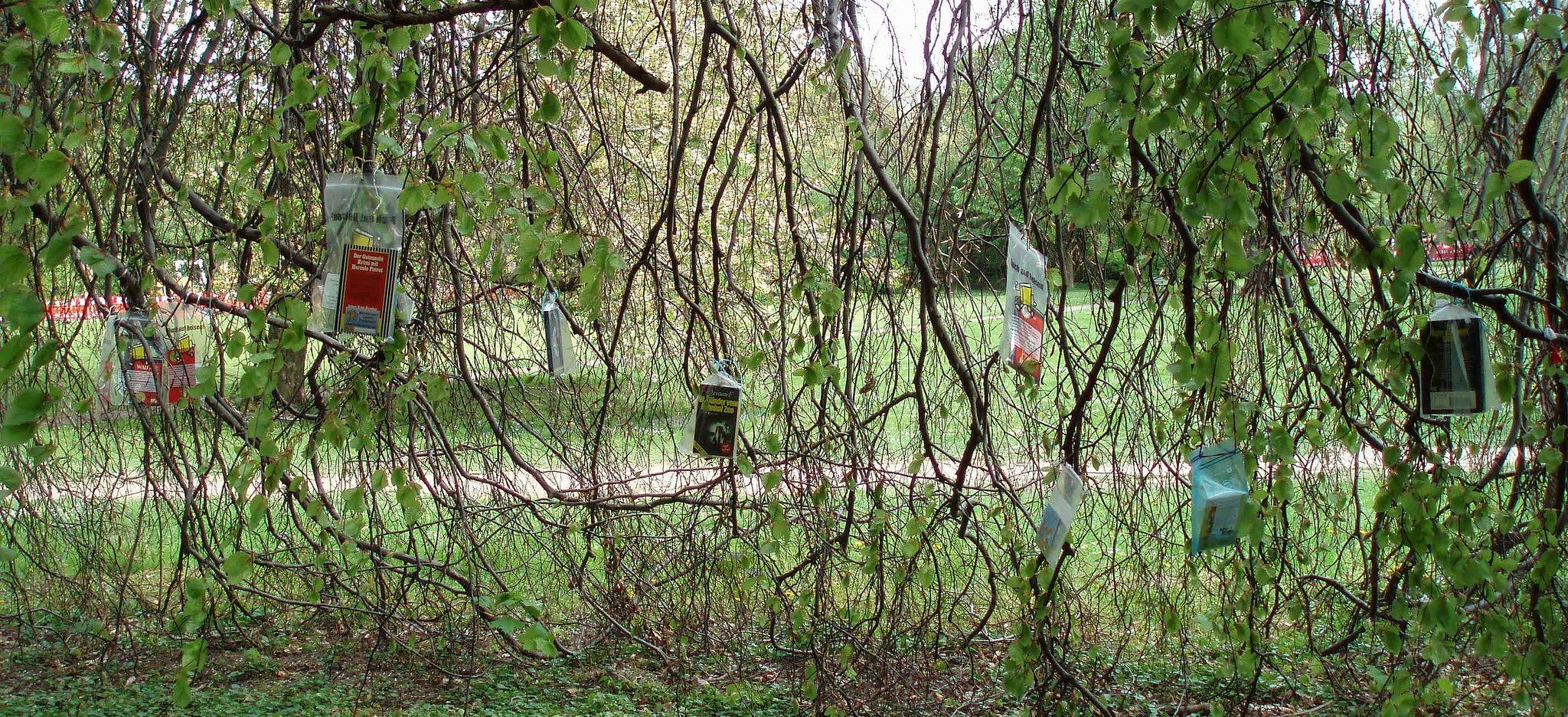BookCrossing: if you love your books, let them go
Described as a ‘modern-day message in a bottle’ by the San Francisco Chronicle, BookCrossing is an online book club which encourages the exchange of books across the entire world.
First launched in April 2001 by Ron Hornbaker and Bruce and Heather Pederson, BookCrossing is a service which allows you to track books you have ‘released into the wild’ through a code system as it makes its way around the country or even overseas. Those who wish to participate in ‘releasing’ a book, whether passing it to a stranger through the use of public space or to friends and family, may join the site in order to see when a book has been ‘caught’ and found by others. Journal entries allow you to see who is reading the book, although those who find it can opt to remain anonymous, and where it currently is.
With over 1.9 million members on the website, there are now approximately 12 million books travelling through over 132 countries. And therefore, it is plausible to say that it has effectively managed to rethink the way we read by creating a global game of book lending, so much so that in 2005 the website won two People’s Voice Awards, including Best Community Website and Best Social/Networking Website.
With over 1.9 million members on the website, there are now approximately 12 million books travelling through over 132 countries
Co-founder Ron Hornbaker stated: ‘It’s like a reading group that knows no geographical boundaries. Sharing books with your friends and neighbours is a natural instinct. What we’ve done is created a tracking database so that you can see where your books are, and read journal entries along the way.’
With its ever-increasing usage, BookCrossers have also found unique ways to establish new connections when exchanging books. This includes ‘Official BookCrossing Zones’, better known as OBCZs, where books are usually caught and released. Members are very much encouraged to leave books in easy-to-find places, such as coffee shops, park benches, and train stations, where any reader can find them and eventually pass them on too.
The site is tailored to not only find books but to also form strong bonds with those who have similar interests in a certain genre. BookCrossing’s forum allows you to introduce yourself, and how you plan to use the site, as well as for ‘Newbies’ to ask questions about the ins-and-outs of this ‘World’s Library’.
In its 17 years, BookCrossing has made quite a large global impact, especially in the USA, Germany and the United Kingdom. There have been 1,566 books released in the United Kingdom in the last three days. It has also been featured in a project by BBC Radio, involving the release of 84 copies of 84 Charing Cross Road by Helene Hanff.
BookCrossers have also found unique ways to establish new connections when exchanging books
An initiative launched in 2007 with the National Library of Singapore designated 2,000 ‘hotspot’ locations in which books could be found. And the world’s first International BookCrossing Day took place in April 2014.
Every April, there is a BookCrossing convention, in which literary-related events are held for BookCrossers to enjoy. This first started in St Louis, Missouri, USA in 2004, and will continue in Mainz, Germany in 2019.
Hornbaker continues to say that his goal is to promote a positive atmosphere around the world when it comes to reading. He said: “We feel a great responsibility to maintaining the book ID registry we’ve created. We’d never want anything to happen that might orphan millions of wandering tomes and leave them ID-less.
“Beyond that, the BookCrossing movement belongs to the global community of members, and they are the ones directing it now. We’re just the caretakers of the technology.
“I want BookCrossing to be around 50 years from now, and still tracking the books put in the system today – because most of those books will still be around, barring some evil Bradburian apocalypse.”

Comments